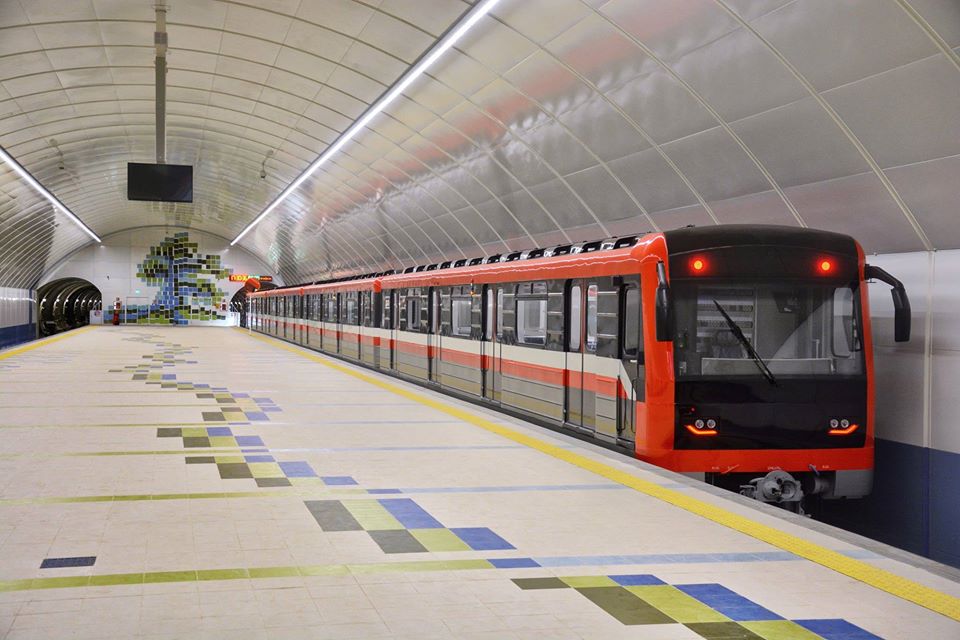European Bank for Reconstruction and Development (EBRD) and Green Climate Fund (GCF) will provide the Georgian capital with EUR 75 million sovereign loan to finance the modernization of Tbilisi Metro.
“The funds, extended to Georgia and on-lent to the city of Tbilisi for the benefit of the Tbilisi Transport Company, will finance the acquisition of 40 modern metro cars as well as the modernisation of a depot and a tunnel,” according to the statement released by EBRD on April 30.
The investment is part of EBRD Green Cities and a follow-on investment under Tbilisi’s Green City Action Plan, which identifies areas for urgent action addressing the city’s main environmental challenges, the Bank noted.
According to EBRD, it is the first project to be co-financed by the GCF under EBRD Green Cities. From a €75 million loan, €65 million will be provided by the EBRD and €10 million by the Green Climate Fund (GCF), the Bank stated.
The updated metro will encourage residents of Tbilisi’s 1.2 million populace to shift from private to public transport, reducing air pollution, stressed the statement.
“Infrastructure plays a critical role in providing the services we need for our daily lives and for the functioning of the economy. The modernisation of the Tbilisi metro will be a milestone in addressing the city’s key environmental challenges. The demand for quality public transport is high and such projects have an excellent environmental and social impact,” said Catarina Bjorlin Hansen, EBRD Director for the Caucasus.
“We are grateful that despite the difficult economic conditions caused by the Covid-19 pandemic, the Bank’s support for Georgia’s economy and its citizens remains strong,” noted Tbilisi Mayor Kakha Kaladze.
EBRD stated that “the project also aims to promote gender equality and improve health and safety standards.” “It will include on-the-job training opportunities promoting the employment of women and addressing equal opportunities in the urban transport sector,” it added.
The Bank said it has launched a Vital Infrastructure Support Programme “as part of its response to the coronavirus pandemic to guarantee the operation and development of crucial infrastructure supplies and services.”
This post is also available in: ქართული (Georgian) Русский (Russian)

